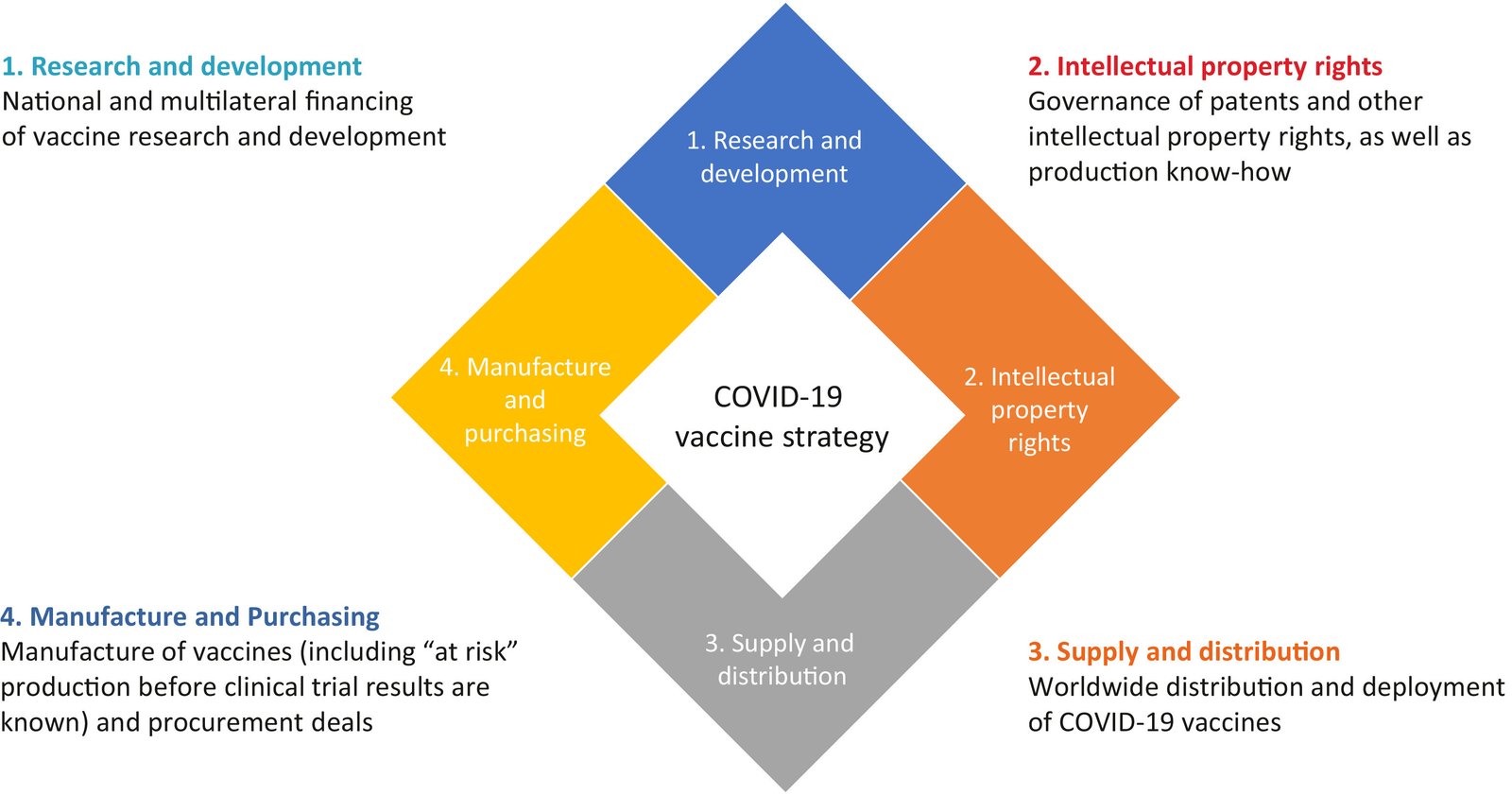
Global Health Research Partnerships: A Collaborative Approach to Tackling Health Issues during COVID-19 pandemic
In the wake of the COVID-19 pandemic, universities across the globe are recognizing the necessity of collaboration to address pressing health challenges. The urgency brought about by the pandemic has catalyzed the formation of innovative research partnerships aimed at developing vaccines, enhancing public health strategies, and promoting health equity. These collaborations not only foster shared knowledge and resources but also embody a collective commitment to improving global health outcomes.
The Rise of Collaborative Research
The COVID-19 crisis underscored the interconnectedness of global health challenges and the need for a unified response. In this context, universities around the world have begun forming partnerships that leverage their unique strengths and resources. By pooling expertise from various disciplines, these collaborations are breaking down traditional silos and facilitating more comprehensive solutions.
The Role of Universities
Universities play a crucial role in these partnerships, as they are often at the forefront of research and innovation. Their ability to mobilize interdisciplinary teams—comprising epidemiologists, public health experts, virologists, and social scientists—enables a more holistic approach to tackling health issues. Furthermore, academic institutions often have access to cutting-edge technology and facilities that can accelerate research efforts.
Case Study: The Global Health Consortium
One notable example of such a partnership is the Global Health Consortium, which brings together leading universities, research institutions, and public health organizations. Formed in 2021, the consortium focuses on addressing critical health challenges stemming from the pandemic and beyond. Members include institutions from North America, Europe, Asia, and Africa, each contributing unique insights and resources.
Vaccine Development: A Race Against Time
One of the most significant areas of focus within these partnerships is vaccine development. The rapid development of COVID-19 vaccines showcased the potential of collaborative research efforts, and many universities are now applying this model to other infectious diseases.
Accelerated Research and Development
The Global Health Consortium has facilitated numerous collaborative vaccine development projects. For instance, researchers from Harvard University and the University of Cape Town are working together to develop a vaccine for malaria, leveraging advanced genomic technologies and clinical trial methodologies honed during the COVID-19 vaccine rollout.
Dr. Sarah Thompson, a lead researcher in the malaria project, stated, “The lessons learned from the COVID-19 vaccine development process have been invaluable. We are applying those insights to expedite our research while ensuring safety and efficacy.”
Innovations in Distribution
Beyond development, these partnerships are also focusing on equitable vaccine distribution. Recognizing that access to vaccines remains a significant barrier in many regions, universities are collaborating with global health organizations to devise strategies that ensure vaccines reach underserved populations.
For example, a collaboration between Johns Hopkins University and the World Health Organization (WHO) aims to create a framework for vaccine distribution in low-income countries. This initiative includes logistics planning, public health education, and community engagement to facilitate vaccination efforts.
Strengthening Public Health Strategies
Another critical area of focus for global health research partnerships is the development and implementation of effective public health strategies. The pandemic highlighted the need for robust public health infrastructure and coordinated responses to health emergencies.
Surveillance and Response Systems
Collaborative research efforts are now aimed at strengthening disease surveillance systems. The University of Toronto and the University of Nairobi have partnered to enhance disease tracking in East Africa, utilizing mobile technology to gather real-time data on infectious disease outbreaks.
Dr. Amina Mwangi, a public health expert involved in the project, remarked, “By harnessing technology and local knowledge, we can create more responsive public health systems that are better equipped to handle future outbreaks.”
Focus on Mental Health
In addition to infectious diseases, mental health has emerged as a crucial area of focus. The pandemic exacerbated existing mental health issues, and universities are now partnering to research effective interventions and promote mental well-being. A collaboration between institutions in the UK, India, and Brazil is exploring culturally sensitive mental health strategies that can be adapted to diverse populations.
Promoting Health Equity
A central theme in many global health research partnerships is the commitment to health equity. The COVID-19 pandemic disproportionately affected marginalized communities, highlighting existing disparities in health access and outcomes.
Addressing Social Determinants of Health
Partnerships are now prioritizing research on social determinants of health—factors such as socioeconomic status, education, and environment that significantly impact health outcomes. The University of Melbourne and the University of Lagos are collaborating on a study that investigates how these determinants affect health in urban populations.
Dr. Kofi Agyeman, a lead researcher on the project, explained, “Understanding the root causes of health disparities is essential for creating effective interventions. Our collaboration aims to inform policy changes that can improve health equity.”
Community Engagement and Empowerment
Additionally, many partnerships emphasize community engagement as a vital component of their research. By working directly with communities, researchers can gain insights into local health challenges and co-create solutions that are culturally relevant and effective.
A notable initiative involves collaboration between the University of Sydney and Indigenous communities in Australia. This project focuses on developing health programs that address the specific needs of Indigenous populations, promoting both health equity and cultural preservation.
Challenges and Future Directions
While these partnerships are making significant strides in addressing global health challenges, they are not without obstacles. Funding disparities, logistical challenges, and varying regulatory environments can hinder collaboration efforts. However, many universities are actively seeking solutions to these issues.
Funding and Resource Allocation
Securing funding for collaborative projects remains a challenge. Many partnerships rely on grants from governmental and non-governmental organizations, but competition for resources can be fierce. Universities are advocating for increased investment in global health research to support these critical initiatives.
Navigating Regulatory Frameworks
Collaborating across borders also entails navigating diverse regulatory frameworks, which can complicate research efforts. Establishing clear protocols and communication channels is essential for successful collaboration. Institutions are increasingly emphasizing the importance of transparency and mutual respect in their partnerships.
Conclusion: A Collective Path Forward
The formation of global health research partnerships represents a powerful response to the challenges posed by the COVID-19 pandemic and other health issues. By harnessing collective expertise and resources, universities worldwide are making significant strides in vaccine development, public health strategies, and health equity. As these collaborations continue to evolve, they hold the potential to create lasting change in global health landscapes. The commitment to addressing disparities and promoting equitable health outcomes reflects a shared responsibility among institutions, researchers, and communities.
In the face of future health challenges, the lessons learned from these partnerships will be invaluable. The spirit of collaboration, innovation, and resilience cultivated during the pandemic may well define the next generation of global health research, ensuring a healthier and more equitable world for all.
About C5K
C5K is the world’s largest technical professional organization dedicated to advancing technology for the benef of humanity
